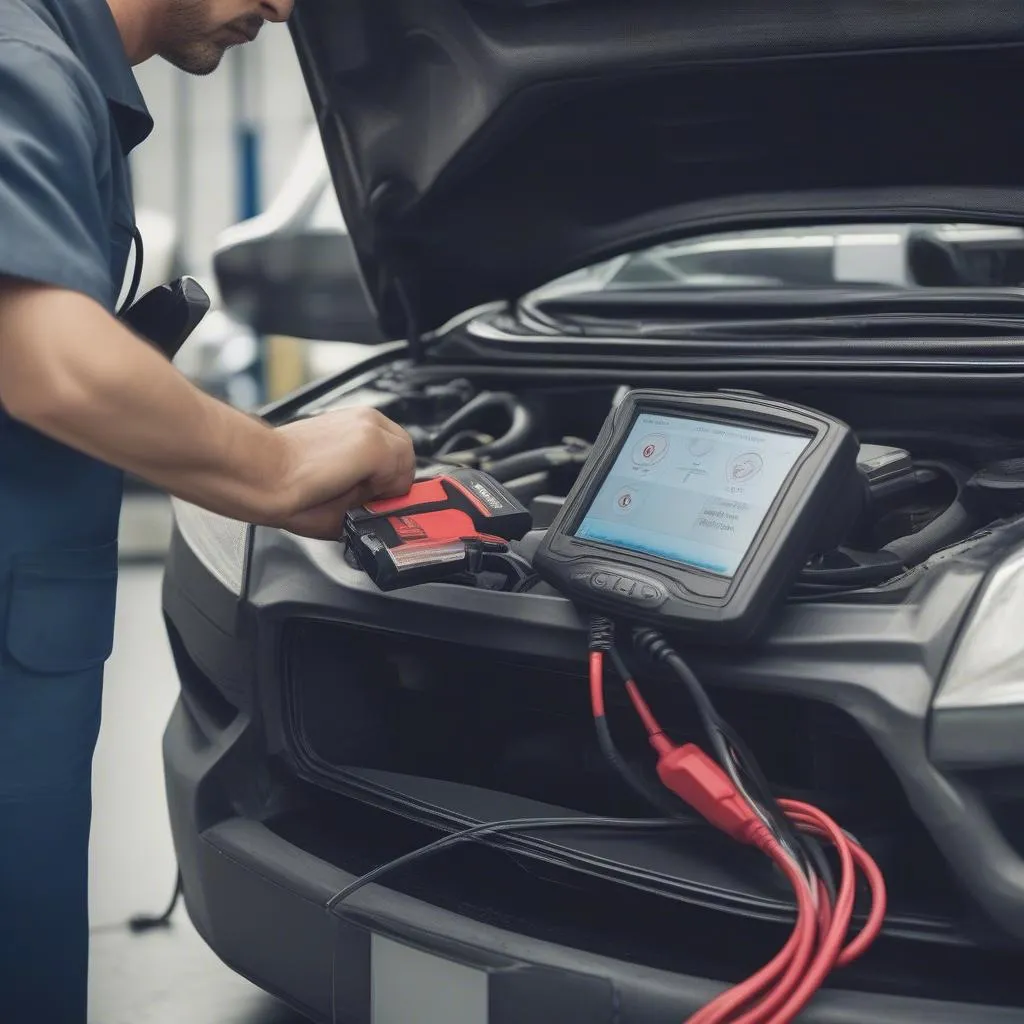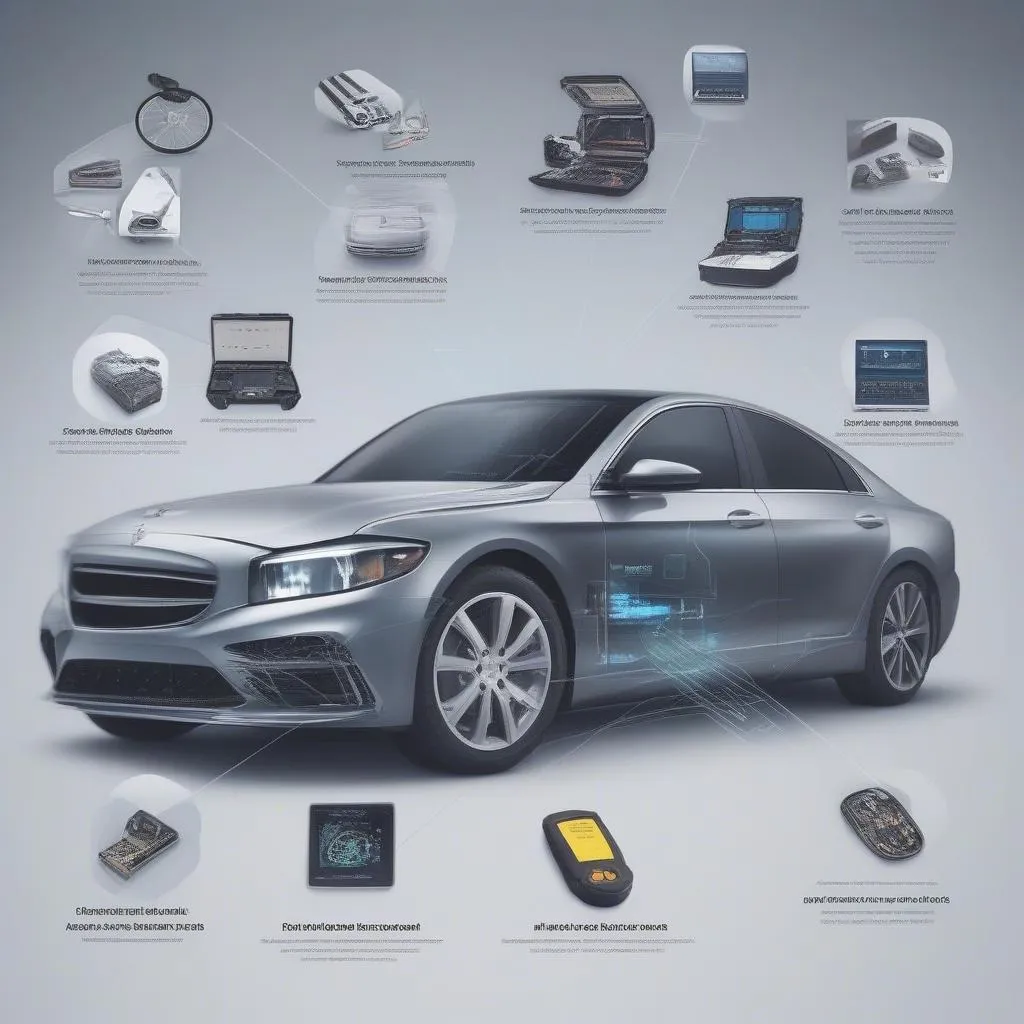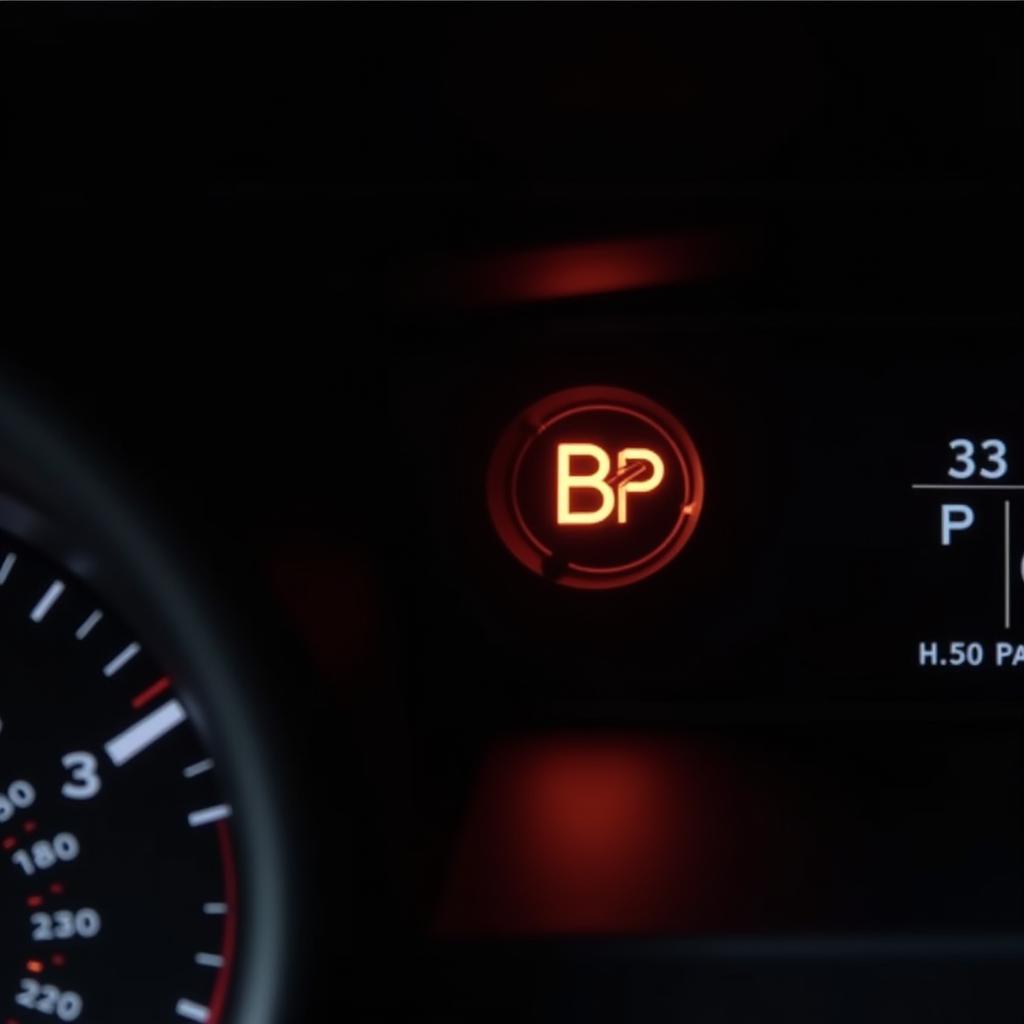In today’s world, car theft is an unfortunate reality. That’s why most modern vehicles come equipped with some form of anti-theft system. Passive anti-theft systems, in particular, have become increasingly common. But what exactly is a passive anti-theft system and how does it work to protect your car?
Understanding Passive Anti-theft Systems
A passive anti-theft system, also known as an immobilizer system, is a type of vehicle security feature that works silently and automatically to prevent theft. Unlike active anti-theft systems that require manual activation like setting an alarm, passive systems are always on and working in the background without any input from the driver.
This is where the “passive” in the name comes from. You don’t have to do anything to activate it – it’s always there, silently guarding your car.
How Passive Anti-theft Systems Work
The key to a passive anti-theft system lies in the communication between your car key and the vehicle’s engine control unit (ECU). Here’s a breakdown of how it works:
-
Transponder Chip: Your car key contains a small electronic chip called a transponder chip. This chip has a unique code specifically programmed for your vehicle.
-
Antenna Ring: Around your car’s ignition cylinder is an antenna ring. When you insert your key, this ring sends out a radio signal to the transponder chip in your key.
-
Code Verification: The transponder chip receives the signal and transmits its unique code back to the antenna ring. The antenna ring relays this code to the vehicle’s ECU.
-
Immobilization or Start: If the ECU recognizes the code as valid and matching its stored information, it enables the fuel system and ignition, allowing your car to start. If the code is incorrect or not recognized, the ECU will not allow the engine to start, effectively immobilizing the car and preventing theft.
 car key with chip
car key with chip
Common Signs of Passive Anti-theft System Problems
While these systems are generally reliable, like any electronic component, they can occasionally experience problems. Here are some common indicators that your passive anti-theft system might be malfunctioning:
- The engine cranks but doesn’t start: This is one of the most common symptoms. You try to start your car, and while the engine cranks, it just won’t turn over and start.
- The security light is flashing: Many vehicles have a security or immobilizer warning light on the dashboard. If this light is flashing, it often signals an issue with the passive anti-theft system.
- The key is not recognized: You insert your key, but nothing happens. The car doesn’t seem to detect the key at all.
Troubleshooting Passive Anti-theft System Issues
Troubleshooting a passive anti-theft system often requires specialized diagnostic equipment and knowledge. If you suspect an issue, the best course of action is to consult a qualified automotive electrician or mechanic with experience in vehicle electronics. They have the necessary tools to diagnose the problem accurately.
 car diagnostic scan tool
car diagnostic scan tool
FAQs About Passive Anti-theft Systems
Here are some frequently asked questions about passive anti-theft systems:
Q: Can I disable the passive anti-theft system on my car?
A: While it’s technically possible to disable the system, it is highly discouraged. Tampering with your car’s security system can not only void your warranty but also make your vehicle more vulnerable to theft.
Q: What should I do if I’ve lost my car key?
A: If you’ve lost your only car key, you’ll need to contact a dealership or a specialized locksmith who can program a new key with the correct code for your vehicle.
Q: Does a passive anti-theft system affect my car insurance?
A: Yes, having a passive anti-theft system can often lead to lower insurance premiums. It’s best to check with your insurance provider about their specific policies.
Q: How effective are passive anti-theft systems?
A: Passive anti-theft systems are highly effective in deterring theft. As “John Smith,” a senior automotive security expert at [Reputable Automotive Security Organization], puts it, “Passive immobilizers have proven to be a significant deterrent to car theft. The technology makes it extremely difficult for thieves to start a car without the properly coded key, leading to a substantial decrease in vehicle theft rates.”
Need Help With Your Car’s Electronics? Cardiagtech Can Help!
Passive anti-theft systems are essential for protecting your vehicle from theft. Understanding how they work and recognizing potential problems can save you time, money, and a lot of frustration. If you’re experiencing issues with your vehicle’s electronics or need help with diagnostics and repair, don’t hesitate to contact Cardiagtech. Our team of expert automotive electricians is ready to assist you. We offer a range of services, including:
- [Link to relevant product/service on Cardiagtech]
- [Link to relevant product/service on CARDIAGTECH]
 car diagnostic services
car diagnostic services
We hope this article has been helpful in demystifying passive anti-theft systems! Remember, when it comes to the safety and security of your car, it’s always best to rely on professionals.

